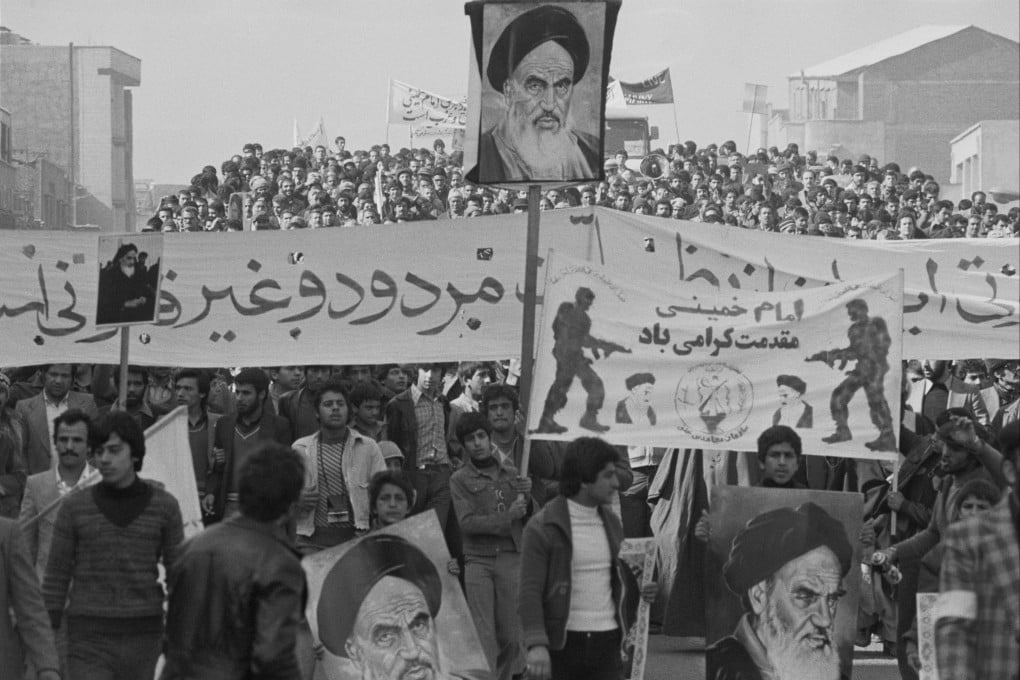Letters | Do Iran protests point to a second revolution?
- As the demonstrations become more widespread, slogans that started out focused on the water crisis now target the government
- Those that witnessed the revolution of 1979 say public rage today is greater

About two weeks ago, a sudden protest over the water crisis broke out in Khuzestan in the southwest of Iran. What seemed to be public dissatisfaction with the government’s environmental policies then spread to other cities, including Tabriz in the northwest of Iran, and on July 26 reached the capital, Tehran.
Are these mass protests a sign that Iran is undergoing another revolution? The answer is not a definite one, but the main point here is the inability of the government to fulfil Iranians’ needs.
First, people in Isfahan announced their support of the Iranian Arabs in Khuzestan and their right to access to clean water, and then this solidarity was extended to encompass Iranian Turks in Tabriz and to Tehran, and the slogans have been travelling as well.
“Bread, jobs, freedom” was the slogan raised by the dissatisfied since the protests in December 2017. The three words summarised the requests of all the social classes in Iran.
Today, the initial slogan used in Khuzestan was “I’m thirsty, we need water.” However, after more than one week, with Tehran rising and joining the protests, slogans that target the main body of the government are being heard. People are asking the clergymen to let go of Iran and abandon politics, as they are recognised as the sole source of all the difficulties Iranians are bearing these days.